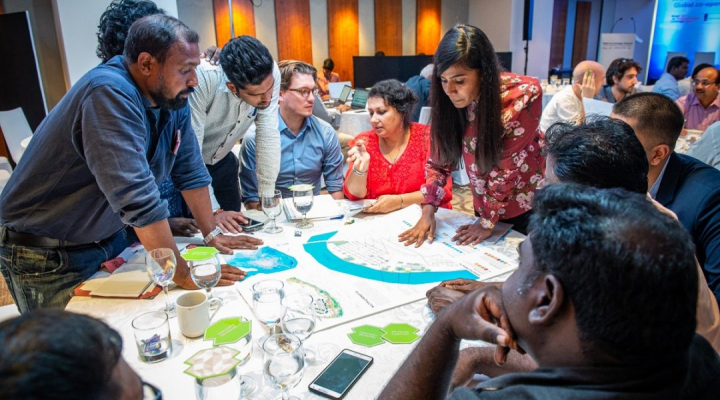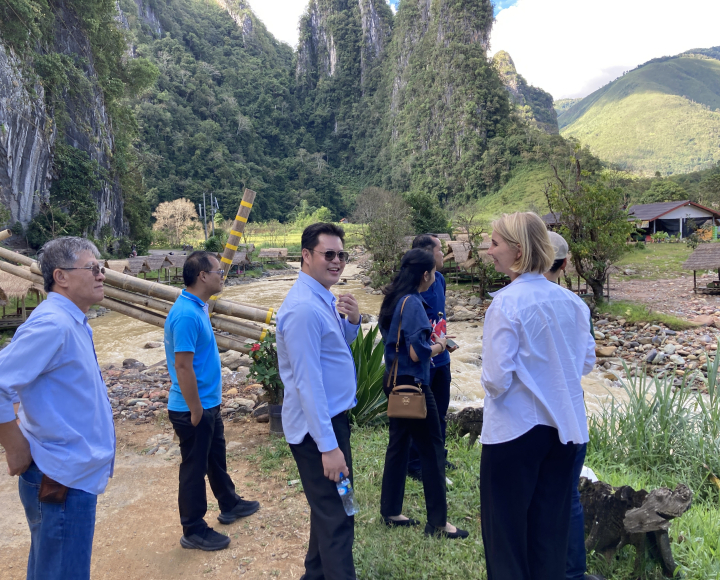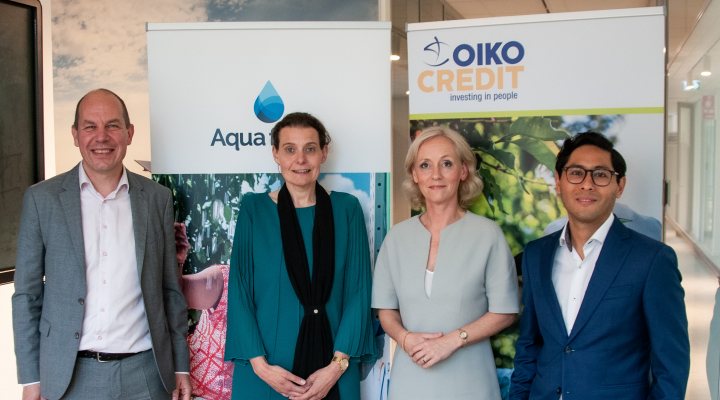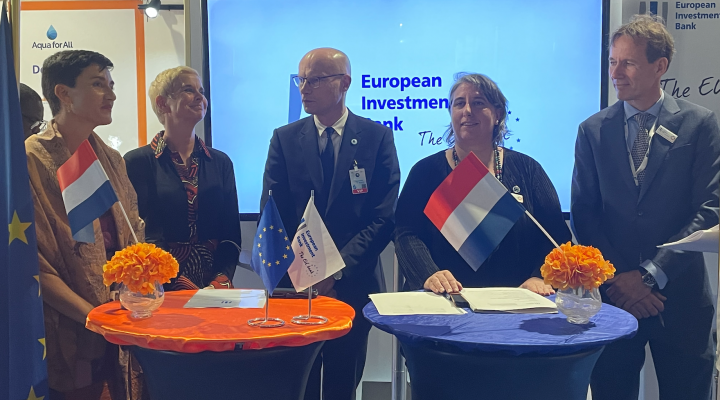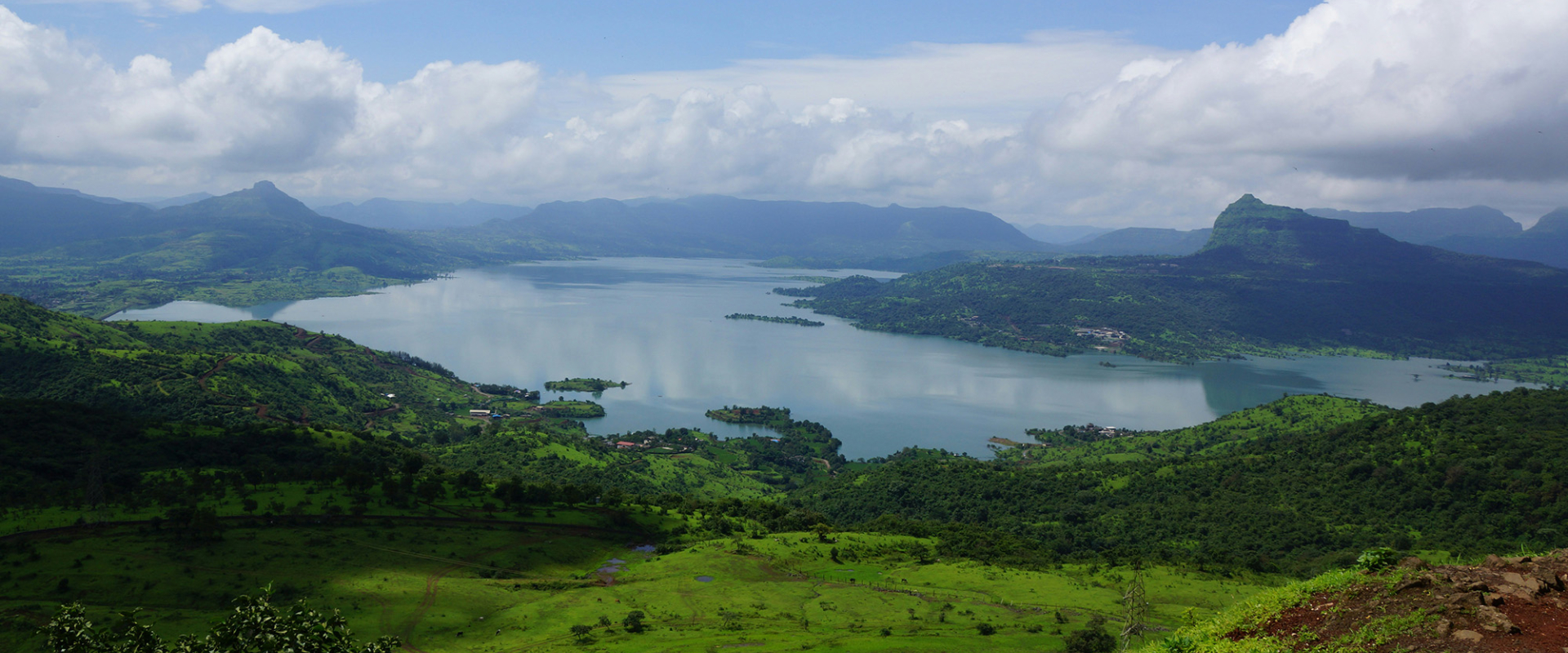
The Dutch Fund for Climate and Development, a catalyst for climate resilience
The Dutch Fund for Climate and Development (DFCD) is on a mission to drive climate resilience and sustainable development across vulnerable communities and regions. By providing financial resources, technical expertise, and strategic guidance, the DFCD is helping businesses transition to sustainable models.
With over €440 million in resources, the DFCD’s future focus will continue to enhance climate resilience, promote sustainable practices, and support biodiversity benefits.
Launched in 2019, the DFCD is a consortium of four expert organisations managing a fund for scalable climate solutions. FMO, SNV, Climate Fund Managers, and Worldwide Fund for Nature Netherlands manage the DFCD on behalf of the Dutch Ministry of Foreign Affairs. The fund is structured in three facilities, each with a specific focus and role across the project lifecycle: the Origination Facility (OF), the Water Facility, and the Land Use Facility. The OF identifies opportunities and prepares them for investment from the Investment Facilities Water and Land Use.
A strong start
In its first four years of operation, the DFCD has achieved notable successes in promoting climate resilience and supporting vulnerable communities. One of its key objectives was to allocate 50% of its funding to climate adaptation projects. By the end of 2023, however, the fund exceeded expectations, allocating 65% of its climate funding.
The DFCD’s goals extended beyond adaptation to include the strategic allocation of resources to the Least Developed Countries (LDCs). In line with this, the DFCD directed 33% of its funding to LDCs, surpassing the initial target of 25%. Additionally, projects in Dutch Government Priority Countries received 53% of the fund’s resources, reinforcing the Netherlands' contribution to global climate agreements such as the Paris Agreement and the Sustainable Development Goals (SDGs).
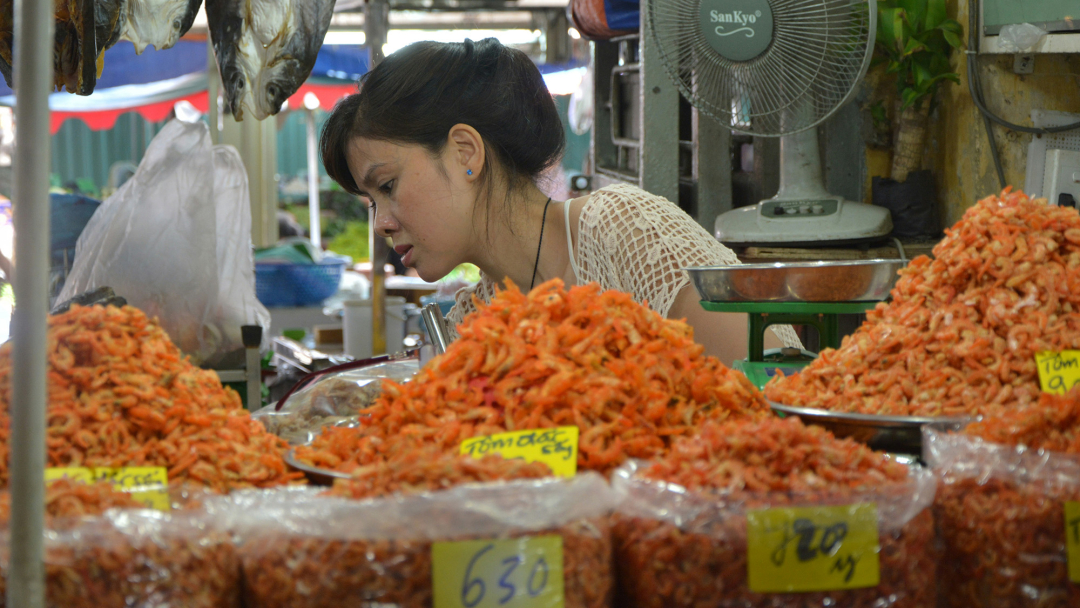

Camimex, a success story of climate-smart business practices
One of the standout successes of the DFCD is the Camimex project in Vietnam, where the fund’s support helped drive sustainable, climate-resilient shrimp farming in the Mekong Delta. The initiative focuses on mangrove shrimp production, a sustainable farming practice that protects biodiversity, supports smallholder farmers, and sequesters greenhouse gases, contributing to both climate adaptation and mitigation.
In 2022, Camimex, one of the largest shrimp processors in Vietnam, and SNV embarked on a collaboration to de-risk the business and make it investment-ready. SNV’s support was critical in helping Camimex meet organic certification standards, implement a mangrove restoration pilot, and test new financial models to boost growth.
This collaboration proved successful and, in 2024, Camimex became the first private business supported by the DFCD OF to secure investment, receiving a $15 million loan from FMO to scale its operations. The company now plans to bring 16,500 hectares of wetlands under sustainable management, improve livelihoods for 7,200 smallholder farmers, and expand its processing capabilities by an additional 6,000 tons per year.
Biodiversity, a key pillar for the future
As we look to the future, biodiversity will be a central focus of the DFCD’s investment strategy. The DFCD OF will continue to prioritise projects that not only address climate change but also actively protect and restore ecosystems. This includes investments in Nature-based Solutions – approaches that utilise natural processes to address environmental challenges, such as Camimex’s work in restoring mangrove forests.
The DFCD aims to de-risk and scale businesses that bring positive biodiversity outcomes, supporting projects that protect, enhance, and sustainably use ecosystems, species, and genetic resources. At least 25% of future projects will achieve a positive impact on biodiversity, and all projects must adhere to the highest standards of environmental sustainability, in line with the IFC Performance Standard 6.




